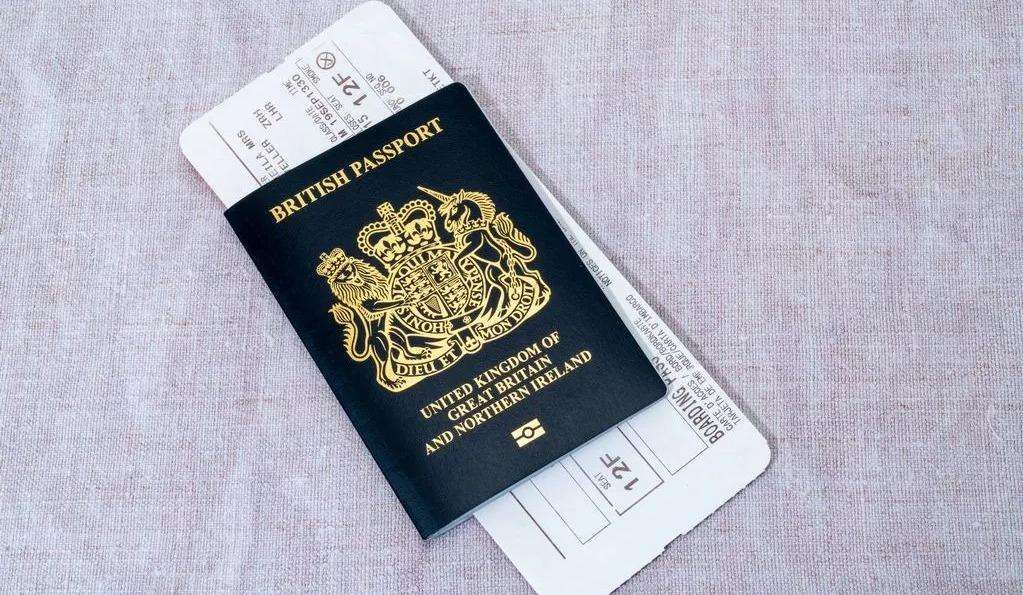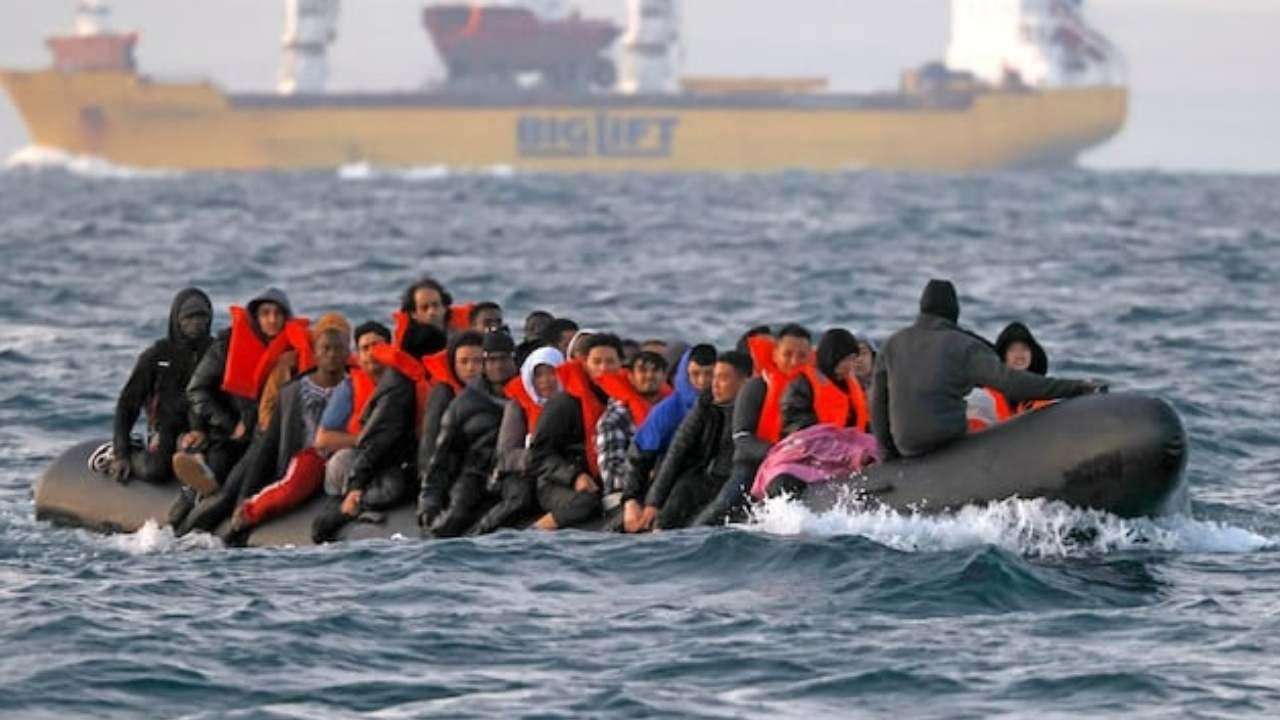Pakistan is set to expel three million Afghans this year as the deadline for their voluntary departure from the capital and nearby areas expired on Monday.
This move is part of a broader nationwide crackdown, initiated in October 2023, targeting foreigners residing illegally in Pakistan, primarily Afghans. The campaign has faced criticism from human rights organizations, the Taliban government, and the United Nations.
Although arrests and deportations were initially scheduled to begin on April 1, they have been postponed to April 10 due to the Eid al-Fitr holidays marking the end of Ramadan, according to government documents reviewed by The Associated Press.
Over the past 18 months, approximately 845,000 Afghans have left Pakistan, according to data from the International Organization for Migration.
Pakistan estimates that three million Afghans still reside in the country. Among them, 1,344,584 possess Proof of Registration cards, while 807,402 hold Afghan Citizen Cards. Additionally, around one million Afghans remain without legal documentation.
Pakistan has stated that it will ensure deported Afghans do not return.
Authorities had set a deadline of March 31 for Afghan Citizen cardholders to leave Islamabad and Rawalpindi voluntarily or face deportation.
Meanwhile, individuals with Proof of Registration cards are permitted to stay in Pakistan until June 30. Afghans awaiting resettlement in a third country were also required to leave Islamabad and Rawalpindi by March 31.
Officials have pledged to collaborate with foreign diplomatic missions to facilitate the resettlement of Afghans. However, if these efforts fail, they too will be deported from Pakistan.
Following the Taliban’s return to power in 2021, tens of thousands of Afghans fled the country. Many were approved for resettlement in the United States through a program designed to assist those at risk due to their work with the U.S. government, media, humanitarian organizations, and human rights groups.
However, former President Donald Trump suspended U.S. refugee programs in January, leaving 20,000 Afghans in uncertainty.
Taliban Urge Dignified Return for Afghan Refugees
The Taliban have expressed a desire for Afghan refugees to return home with dignity.
According to one of the documents outlining the expulsion plan, “No Afghan officials will be included in any committee or formal decision-making process.”
Abdul Mutalib Haqqani, a spokesperson for Afghanistan’s refugee ministry, criticized Pakistan’s approach, telling The Associated Press that decisions were being made unilaterally, without consulting the UN refugee agency or the Taliban government.
"We have shared our concerns with them, explaining that expelling refugees without coordination is not beneficial for either side," Haqqani said. "For Pakistan, it fosters resentment, while for us, managing the return of so many Afghans is a challenge. We have requested that deportations follow a structured mechanism to ensure a dignified return."
To facilitate deportations, two transit stations will be established in Khyber Pakhtunkhwa province—one in Nasir Bagh, near Peshawar, and another in Landi Kotal, approximately seven kilometers from the Torkham border crossing.
Uncertainty Looms Over Afghan Refugees’ Future
Many Afghans born and raised in Pakistan face an uncertain future in a country they have never known.
It remains unclear what will happen to children born in Pakistan to Afghan parents, Afghan couples with mixed documentation, and families where one parent is Pakistani and the other Afghan. However, officials told AP that social welfare workers would be available to assist in such cases.
Omaid Khan, 30, holds an Afghan Citizen Card, while his wife has a Proof of Registration card. Under Pakistan’s rules, he must leave immediately, but his wife can stay until June 30. Their two children lack any official documents from either country.
"I am originally from Paktia province, but I have never been there. I have no idea what my future holds," Khan said.
Nazir Ahmed, 21, was born in Quetta and has never been to Afghanistan. His only link to the country was his father, who passed away in Quetta four years ago.
"How can we go there?" he asked. "We hardly know anyone. All our relatives live in Quetta. If we go, what will we do? We urge the Pakistani government to grant us time so we can at least make arrangements and find work."
Source: Independent








.svg)



_1.jpg)